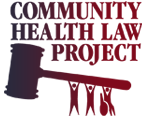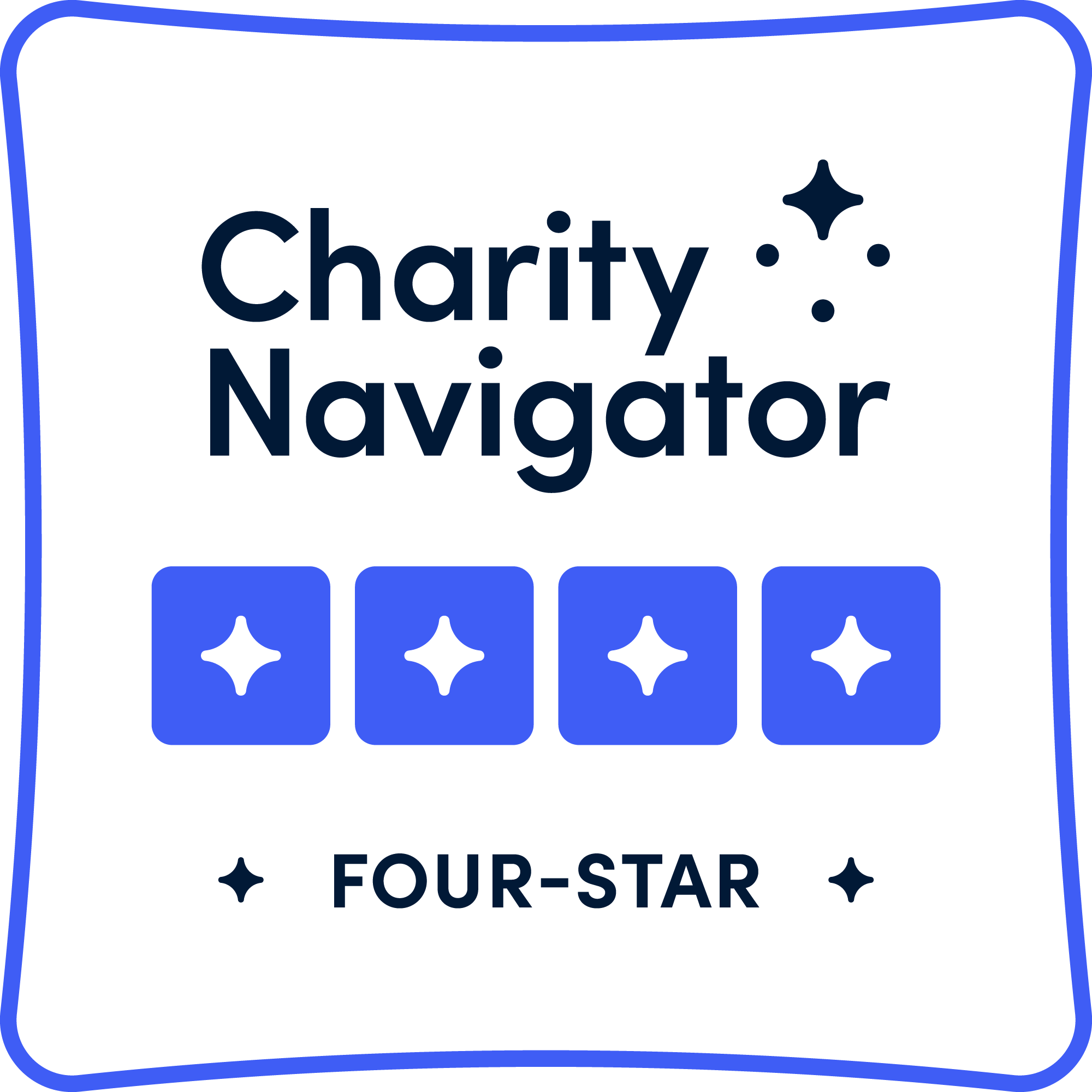May 7, 2008
David Fish, Regulatory Officer
Office of Legal and Regulatory Services
Department of Labor and Workforce Development
P.O. Box 110, 13th Floor
Trenton, N.J. 08625-0110
By ordinary mail and fax to: (609) 292-8246
Re: Comments on Proposed S-RAP Rules and Amendments
Division of Workforce Development
40 New Jersey Register 1755 (PRN-2008-114) (April 7, 2008)
Dear Mr. Fish:
The Community Health Law Project is a statewide legal services and advocacy organization for people with disabilities. With offices throughout New Jersey, CHLP assists over 8,500 individuals with disabilities each year through representation and brief service. We are pleased to have this opportunity to comment on the Division's proposed rules implementing P.L. 2005, Chapter 66, pertaining to employment requirements in the State Rental Assistance Program ("S-RAP").
The enabling statute provides, inter alia, that:"
[a]ny individual under the age of 65, who is not disabled and who receives a rental assistance grant provided pursuant to subsection a. of section 1 of P.L.2004, c.140 (C.52:27D-287.1), shall apply for employment and training services and seek the counseling required to obtain the employment and training services pursuant to section 7 of P.L.1992, c.43 (C.34:15D-7).
P.L. 2005, Chapter 66, amending N.J.S.A.52:27D-287.4 (emphasis added)
It is clear by the language of the statute that the Legislature did not intend to require people who have already been found to be disabled to go through the process of applying for employment and training services.
The proposed regulations apply to "all S-RAP recipients who have made application to a One-Stop Career Center for employment and training services." ProposedN.J.A.C. 12:23-12.2
However, the proposed regulations do not mention that S-RAP recipients who are receiving disability benefits, such as Social Security Disability Insurance, Supplemental Security Income (SSI) and other disability entitlements, are not required to go to a One-Stop Career Center (OSCC) to apply for employment and training services. This omission is further complicated by the subsequent provision that if a recipient is disabled, he or she should be issued a certification by the OSCC that an Employment Development Plan is not required in order to maintain eligibility for the rental assistance grant. Proposed N.J.A.C. 12:23-12.3 (b) and ( c).
As a result, there is a real danger that the proposed regulations, as written, may be interpreted to require people who have already been found eligible for disability benefits to go through a redundant OSCC application process. This would impose a needless burden on people with disabilities who often have limited transportation and financial means and endure significant physical and mental limitations. It would also violate the intent of the Legislature and needlessly consume the time of OSCC staff.
As a result, we believe it is imperative to add language to the regulations specifying that S-RAP recipients who are receiving Social Security Disability Insurance, SSI (based upon disability), Long Term Disability benefits, VA Disability benefits, General Assistance- Unemployable benefits, Temporary Disability Insurance (TDI) benefits and any other income based on disability are not required to apply to a OSCC for employment and training services. Since the income of all S-RAP recipients must be reported to the Department of Community Affairs, it will not be difficult to verify the identity of those recipients who are exempt from the OSCC application process.
In the case of time-limited disability benefits, such as TDI, or any of the disability income programs, including Social Security and SSI, an obligation to apply to the OSCC for employment and training services would be triggered by an improvement in the medical condition of the S-RAP recipient that renders him or her no longer disabled. Hence, the regulations should also provide for this.
We respectfully urge you to implement this suggestion and spare S-RAP recipients with disabilities the burden of a needless application process that is contrary to the intent of the Legislature. Thank you for considering these brief comments.
Very Truly Yours,
Stuart H.Weiner
Managing Attorney


